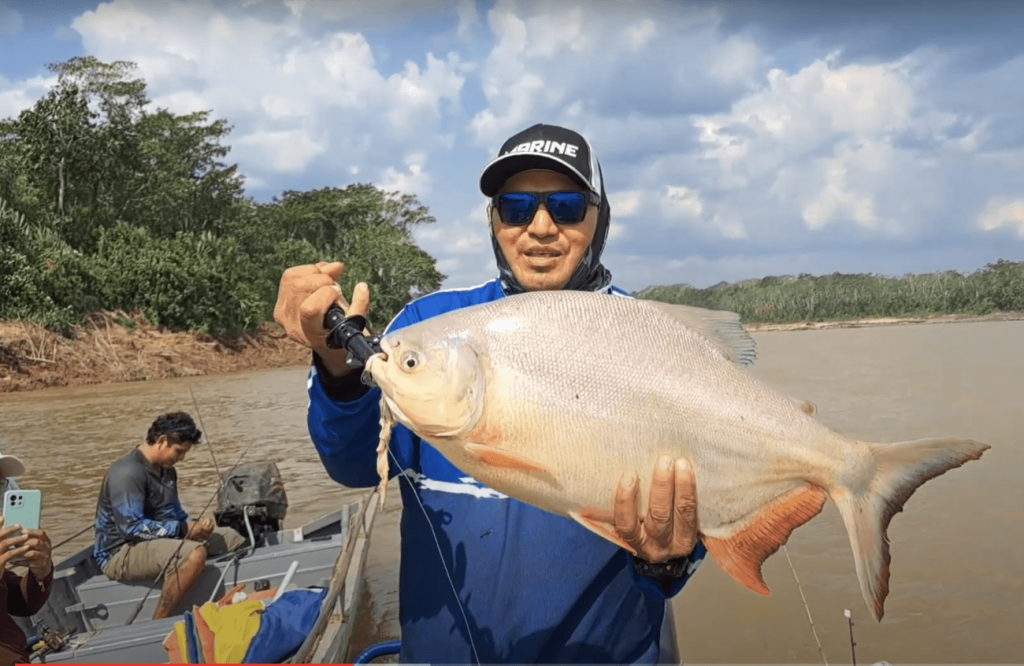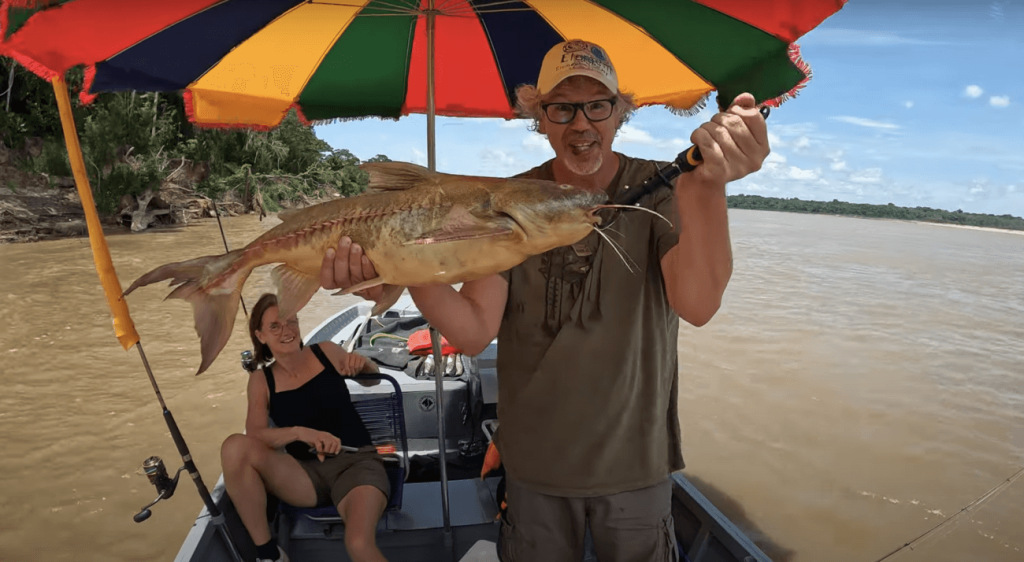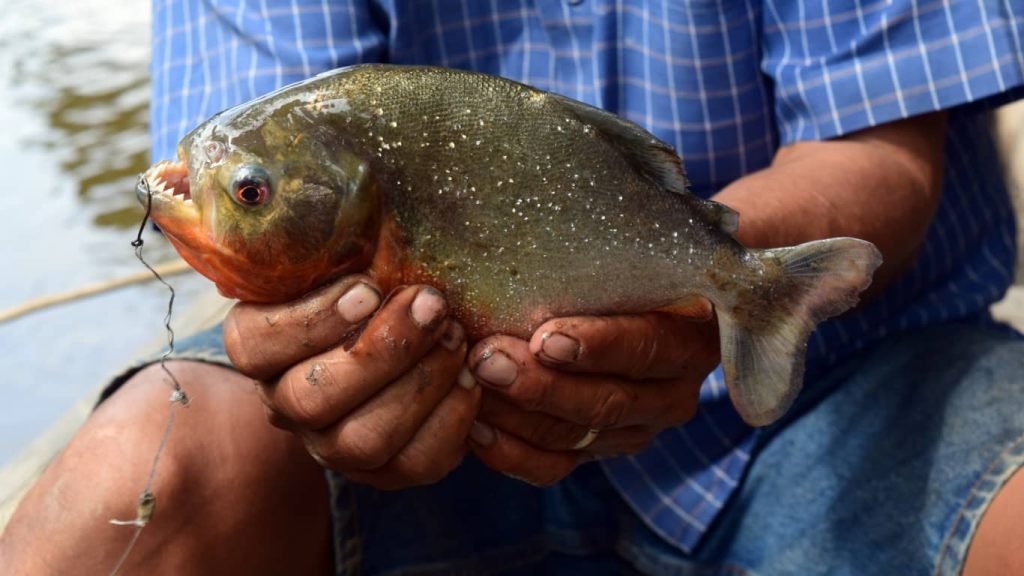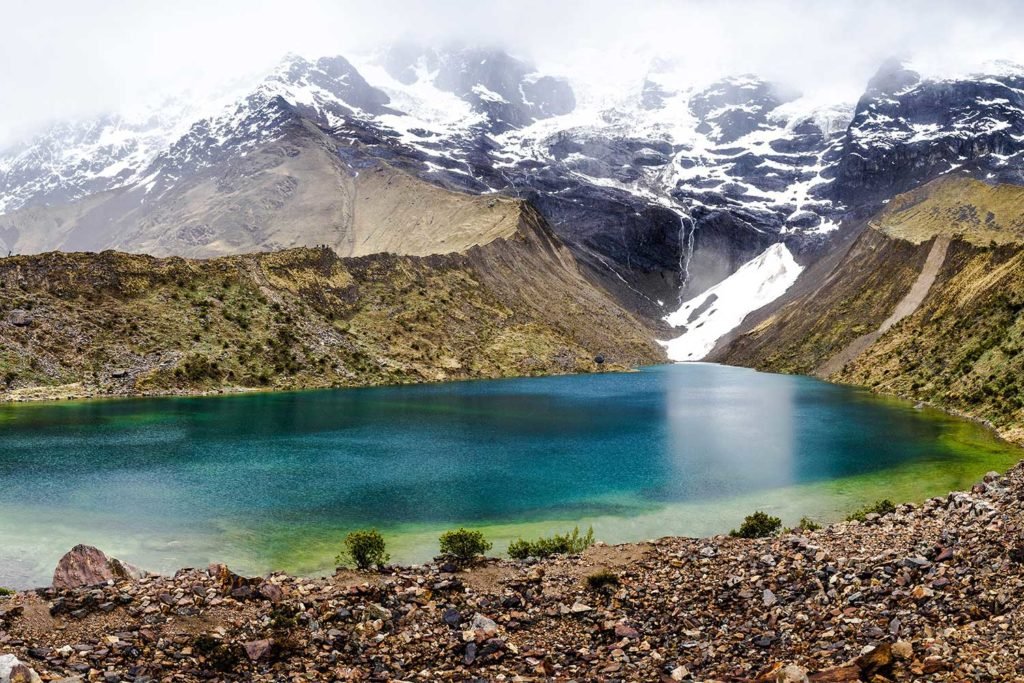Sport fishing is a popular activity around the world, providing anglers with the opportunity to connect with nature and enjoy relaxing moments at the water’s edge. However, to ensure that this activity continues to thrive in the future, it is crucial to adopt sustainable fishing practices and commit to the conservation of aquatic ecosystems. In this article, we will explore what sustainable sportfishing means and how anglers can play an active role in the conservation of natural resources.
What is sustainable sport fishing?

Sustainable sport fishing is fishing in a way that does not harm fish stocks, aquatic habitats or biodiversity in general. It is based on principles of conservation and respect for nature. It aims to ensure that future generations of anglers can enjoy the same fishing opportunities.
Sustainable sport fishing practices

Catch and release:
- One of the most important practices of sustainable sport fishing is responsible catch and release. This involves releasing fish after they have been caught. This allows them to continue to contribute to the reproduction and health of fish stocks.
Knowledge of regulations:
- It is essential that fishers are aware of and comply with all local fishing regulations. This includes catch limits, minimum fish sizes and season dates.
Proper handling:
- When handling fish, anglers should do so with care to minimize stress and avoid injury to the fish. This includes using fishing pliers to remove hooks and avoiding touching the gills.
Use proper equipment:
- Using proper gear, such as barbless hooks and appropriate line, helps reduce the impact on fish health.
Respecting habitat:
- Fishermen should respect aquatic habitats, avoiding destruction of sensitive areas such as nests and fish schools.
Conservation of aquatic ecosystems

Participation in monitoring programs:
- Some fishermen participate in fish monitoring programs. They help collect data on local populations and contribute to sustainable resource management.
Education and awareness:
- Fishermen can play a key role in educating the public about the importance of conserving water resources. They can also promote responsible fishing practices.
Support for conservation organizations:
- Contributing to conservation organizations that work to protect aquatic ecosystems is an effective way to help preserve natural environments.
Advocacy for sustainable policies:
- Anglers can unite and advocate for sustainable fishing policies at local, regional and national levels.
Sustainable sport fishing not only protects fish and aquatic environments. It also offers the opportunity to enjoy an activity that fosters a connection with nature. By adopting responsible practices and supporting conservation, anglers play a key role in preserving natural resources for future generations. Sustainable sport fishing is one way to ensure that rivers, lakes and oceans continue to offer incredible fishing experiences and natural beauty for many years to come.





